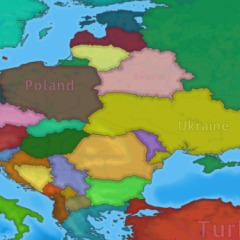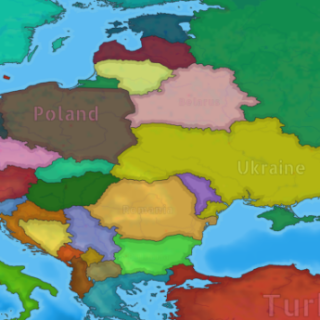Dummynation is a captivating strategy game where players build and manage their own nation from the ground up, focusing on political, economic, and military aspects to ensure its survival and prosperity. The game starts with players choosing a location for their capital city, then expanding their influence through resource management, diplomatic decisions, and strategic planning. The interface offers a detailed view of the nation’s various sectors—agriculture, industry, finance, and defense—each requiring careful oversight to balance growth and stability.
Complex Interactions and Dynamic World Events
In Dummynation, players must navigate a world filled with competing nations, each with its own goals and strategies. The game introduces a complex system of international diplomacy where alliances can be formed, treaties can be negotiated, and wars can be waged. Players must constantly assess their diplomatic choices, weigh the benefits of peaceful coexistence against aggressive expansion, and adapt to the ever-changing geopolitical landscape. Additionally, random world events such as natural disasters, economic crises, or technological breakthroughs add layers of unpredictability that can have lasting impacts on the nation’s development.
The game also challenges players with internal management, where decisions affect public opinion, economic stability, and national security. Players must address domestic issues by enacting policies that influence education, healthcare, and public safety while managing the national budget to fund these initiatives. The citizens’ response to these policies can lead to increased productivity and happiness or civil unrest and economic downturn.




























